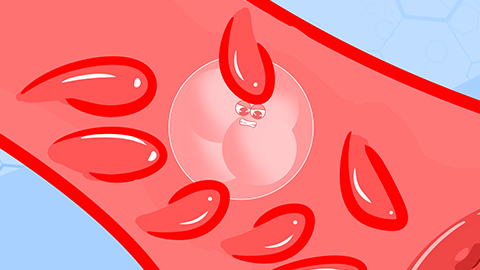What are the symptoms of uterine polyps?
Generally, the symptoms of uterine polyps are mainly related to the size and location of the polyps. Common symptoms include abnormal vaginal bleeding, abnormal vaginal discharge, contact bleeding, menstrual irregularities, and lower abdominal discomfort. A detailed explanation is as follows:

1. Abnormal vaginal bleeding: Spotting or light bleeding occurs outside of the menstrual period, with an irregular bleeding pattern. It may appear between two menstrual cycles or after menopause. The bleeding is usually minimal and similar in appearance to menstrual blood.
2. Abnormal vaginal discharge: Some patients may experience increased vaginal discharge, which may become thick and viscous. If the polyps are accompanied by infection, the discharge may contain blood streaks or purulent secretions, with a mild odor, differing from the normal clear and transparent appearance of vaginal discharge.
3. Contact bleeding: During sexual intercourse or gynecological examinations, the polyps may bleed easily upon contact or friction. The bleeding is typically bright red, minimal, and short-lived, associated with rupture of surface blood vessels on the polyp caused by mechanical irritation.
4. Menstrual irregularities: Premenopausal women may experience shortened menstrual cycles, prolonged menstrual periods, or increased menstrual flow. Previously regular menstrual cycles become disordered, and menstrual blood may contain blood clots, which may be related to the impact of the polyps on uterine contractions or endometrial shedding.
5. Lower abdominal discomfort: When the polyps are large or numerous, they may cause a mild sensation of pressure or dull pain in the lower abdomen. The pain is usually intermittent and may worsen during fatigue, around the menstrual period, or during defecation, but may ease somewhat after rest.
To maintain reproductive health, women are advised to pay attention to changes in their menstrual cycle and vaginal discharge, undergo regular gynecological examinations, and promptly detect and address abnormalities. Maintaining good vulvar hygiene and avoiding excessive fatigue in daily life can also help reduce the occurrence of gynecological diseases.




